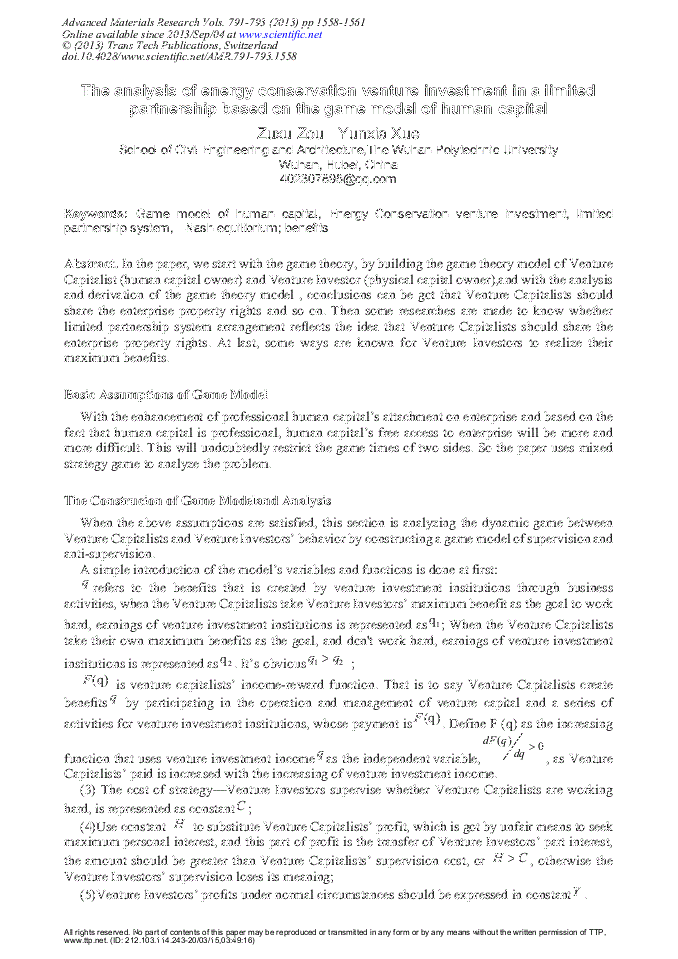Humancapital theory – Dictionary definition of Humancapital theory
Post on: 16 Март, 2015 No Comment

A Dictionary of Sociology | 1998
Human-capital theory This is a moden extension of Adam Smith’s explanation of wage differentials by the so-called net (dis)advantages between different employments. The costs of learning the job are a very important component of net advantage and have led economists such as Gary S. Becker and Jacob Mincer to claim that, other things being equal, personal incomes vary according to the amount of investment in human capital; that is, the education and training undertaken by individuals or groups of workers. A further expectation is that widespread investment in human capital creates in the labour-force the skill-base indispensable for economic growth. The survival of the human-capital reservoir was said, for example, to explain the rapid reconstruction achieved by the defeated powers of the Second World War.
Human capital arises out of any activity able to raise individual worker productivity. In practice full-time education is, too readily, taken as the principal example. For workers, investment in human capital involves both direct costs, and costs in foregone earnings. Workers making the investment decisions compare the attractiveness of alternative future income and consumption streams, some of which offer enhanced future income, in exchange for higher present training costs and deferred consumption. Returns on societal investment in human capital may in principle be calculated in an analogous way.
Even in economics, critics of human-capital theory point to the difficulty of measuring key concepts, including future income and the central idea of human capital itself. Not all investments in education guarantee an advance in productivity as judged by employers or the market. In particular, there is the problem of measuring both worker productivity and the future income attached to career openings, except in near-tautological fashion by reference to actual earnings differences which the theory purports to explain. Empirical studies have suggested that, though some of the observed variation in earnings is likely to be due to skills learned, the proportion of unexplained variance is still high, and must be an attribute of the imperfect structure and functioning of the labour-market. rather than of the productivities of the individuals constituting the labour supply.
Human-capital theory has attracted much criticism from sociologists of education and training. In the Marxist renaissance of the 1960s, it was attacked for legitimating so-called bourgeois individualism. especially in the United States where the theory originated and flourished. It was also accused of blaming individuals for the defects of the system, making pseudo-capitalists out of workers, and fudging the real conflict of interest between the two. However, even discounting these essentially political criticisms, human-capital theory can be regarded as a species of rational-exchange theory and open to a standard critique, by sociologists, of individualist explanations of economic phenomena.
Cite this article
Pick a style below, and copy the text for your bibliography.
www.encyclopedia.com >.
www.encyclopedia.com/doc/1O88-Humancapitaltheory.html














